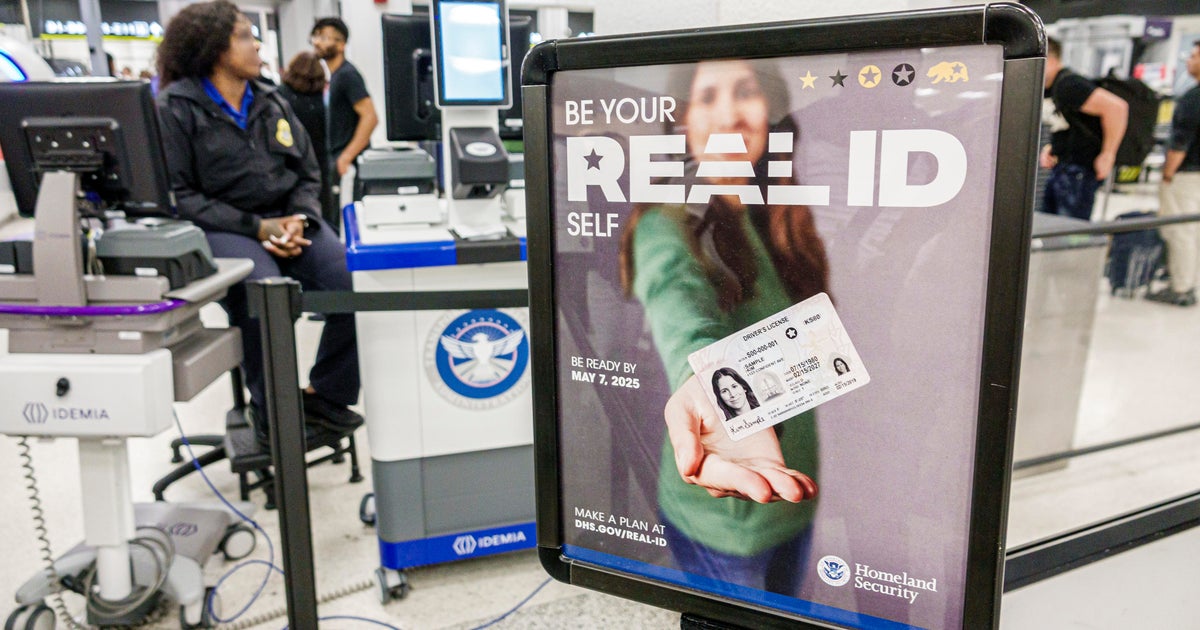Florida Senate Cuts Jobless Benefits To Help Businesses
TALLAHASSEE (CBSMiami/NSF) - People without jobs in Florida could get less money in unemployment compensation under a bill passed Tuesday by the Florida Senate. The House has passed a similar bill, and must now consider the Senate's changes.
The House had earlier passed the bill (HB 7005), but the Senate made some changes to that bill Tuesday to try to take some of the bite out of it for the unemployed. The Senate then passed the bill 29-10 and sent it back to the House for approval of the changes.
The bill would maintain the current 26 weeks of state benefits when the jobless rate is above 12 percent. Until that threshold is reached, benefits would be capped at 20 weeks. The unemployment rate in Florida in March was 11.1 percent, meaning Florida's unemployed could see an immediate reduction when and if the bill becomes law.
The law also uses the state average. In South Florida, where the local unemployment is higher than the state average, the more dire local situation would not be considered in determining how long people could get benefits.
"The best way to help unemployed people is to see that businesses are healthy so we can find you a job," said Sen. Nancy Detert, R-Venice, and sponsor of the Senate version (SB 728.) Businesses pay into the unemployment compensation fund.
The bill does not affect federal unemployment benefits or food stamps.
The bill passed by the Senate on Tuesday was less aggressive than the plan proposed by the House, which would cut the number of weeks of state eligibility to a maximum of 20 weeks. The House plan would also reduce the number of weeks as the jobless rate drops. Both bills could cut the number of weeks of unemployment compensation to as little as 12 weeks.
What the lawmakers did not change is the weekly benefit amount. The current maximum unemployment benefit stays the same under the measure, at $275 a week, which opponents pointed out is already near the bottom of states. Federal statistics show the state's average weekly benefit is just over $230. Employers, who pay into a state trust fund on the first $7,000 of a worker's wages, have complained that they've been hard hit by increases in the tax, which has gone up as unemployment has increased.
Even worse for businesses, like many states the state trust fund has dropped into the red and has had to borrow about $2 billion from the federal government to pay benefits. Interest on that is due, and that payment is being passed on to businesses.



